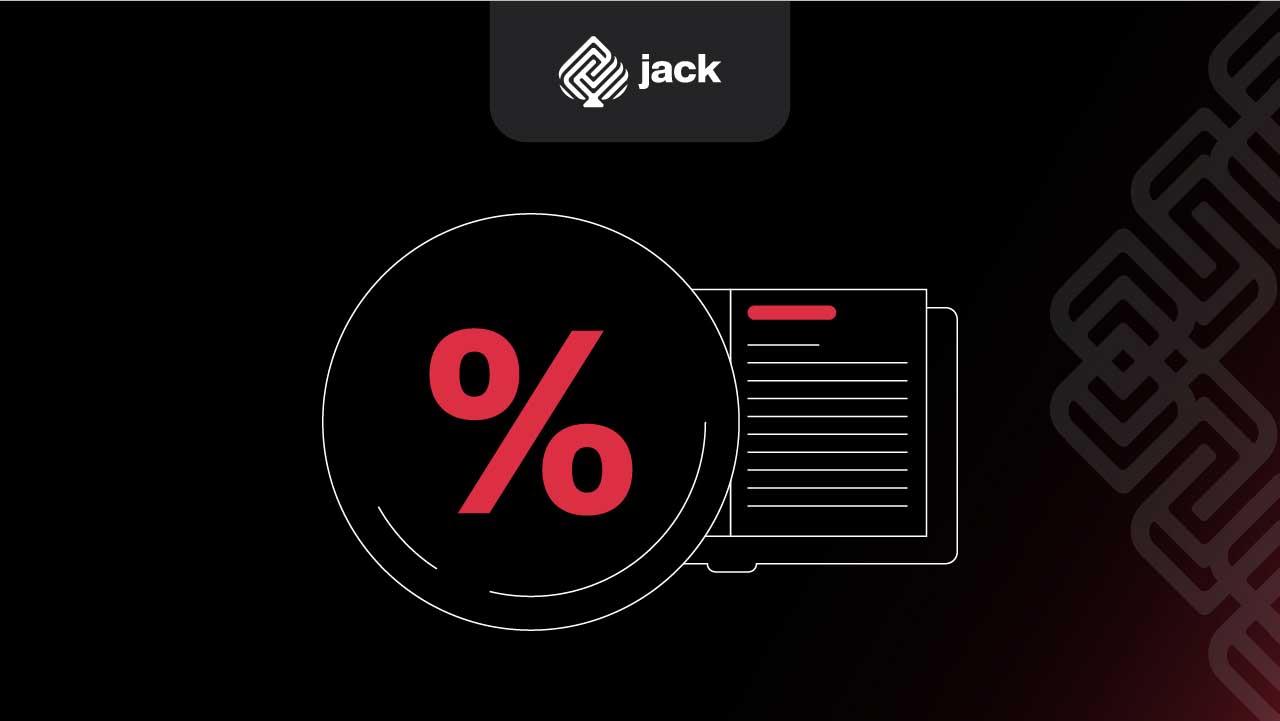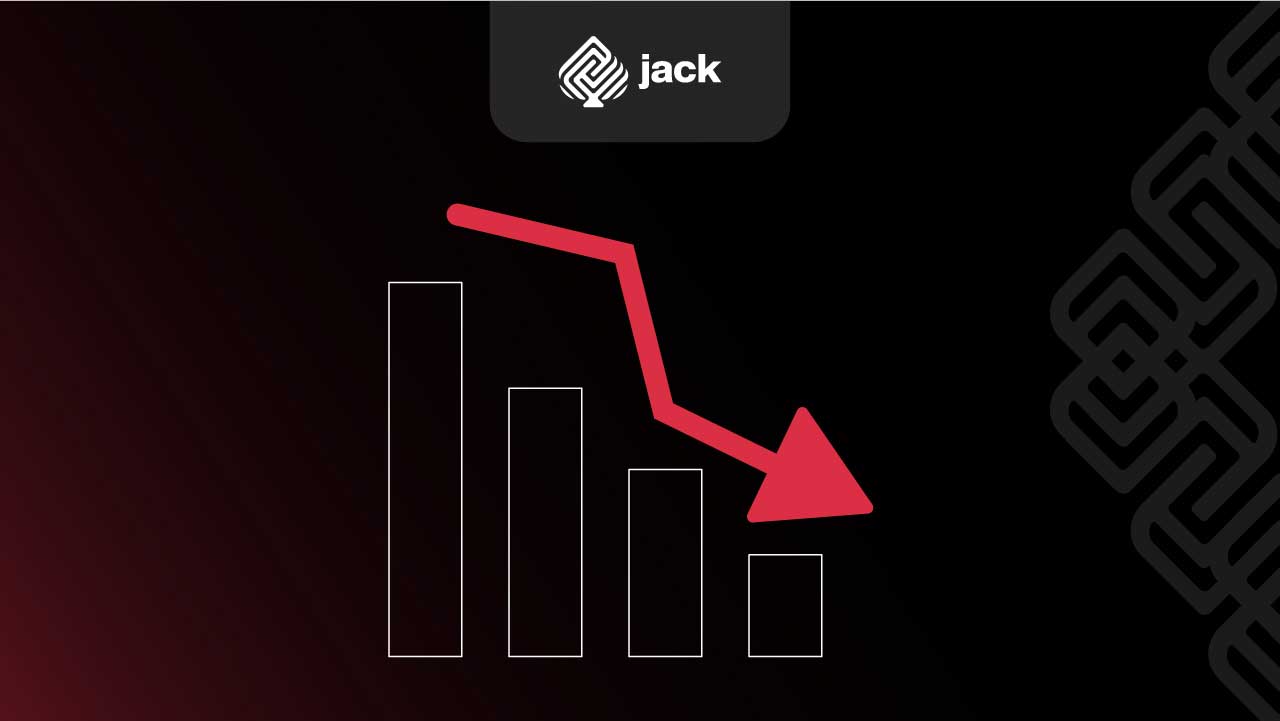The history of the commodities market in Indonesia plays a significant role in the economic development of the country. Essentially, this market is where raw materials or commodities such as agricultural produce, minerals, and plantation products are traded.
See Also Affordable, Fast, and Easy International Transfers for Your Business
Therefore, this type of market has had a long journey from its inception to its existence in this country. Furthermore, this article will provide an overview of the history of the commodities market in Indonesia, complete with its benefits and the types of commodities traded.
Overview of the History of the Indonesian Commodities Market

The commodities market in Indonesia has existed since the Dutch colonial era, where the trade of Indonesian natural products such as spices, coffee, and rubber was a major source of wealth for the colonizers. At that time, this trade was conducted through a monopoly system managed by the Dutch colonial government.
Early Presence of the Commodities Market in the Independence Era
After Indonesia’s independence in 1945, this type of market continued to develop as the government sought to strengthen the country’s economic sector. In the 1960s, the Indonesian government began implementing agricultural and plantation policies aimed at increasing production related to commodity products such as rice, coffee, and palm oil.
In the 1970s, the Indonesian government began developing commodity futures markets as a means to protect farmers and producers from unstable price fluctuations. These futures markets allowed market participants to hedge against price risks by entering into future contracts.
Current Development of the Indonesian Commodities Market
Furthermore, in the 1990s, the commodities market in Indonesia continued to grow with economic liberalization and global trade globalization. Productions such as palm oil, coffee, and rubber continued to increase, making Indonesia one of the world’s largest producers of these products.
Until now, the commodities market in Indonesia continues to be an important part of the country’s economy. The government continues to make efforts to increase production, improve market access for farmers and producers, and develop modern and efficient market infrastructure.
With its long history and ongoing development, the commodities market in Indonesia plays a vital role in supporting the country’s economic growth.
It is important for the government and market participants to continue working together to develop this market to provide maximum benefits to all stakeholders in the supply chain, both domestically and internationally.
Types of Commodities in the Indonesian Market

In the Indonesian commodities market, there are several types of products that are the largest and play an important role in the country’s economy. Here are five of the largest commodities in the Indonesian market with the most sought-after market and distribution chains globally.
Palm Oil
Indonesia is one of the largest palm oil producers in the world. Palm oil is used in various industries such as food, cosmetics, and biodiesel fuel. Palm oil production significantly contributes to Indonesia’s exports and contributes greatly to the country’s revenue.
Rubber
Indonesia is also one of the world’s largest rubber producers. Rubber is used in various industries such as automotive, textiles, and construction. Rubber production plays an important role in the country’s exports and provides income for rubber farmers in various regions.
Coffee
Indonesian coffee is known in the international market for its high quality and variety, such as Arabica and Robusta coffee. Coffee is one of Indonesia’s main export commodities and plays an important role in the country’s economy, as well as providing income for coffee farmers in various regions.
Chocolate
Indonesia is also the world’s largest producer of chocolate, especially chocolate from cocoa beans. Indonesian cocoa is known for its unique taste and good quality. Chocolate production makes a significant contribution to the country’s exports and provides income for cocoa farmers in various regions.
Crude Oil
Indonesia has large reserves of crude oil and is one of the largest oil producers in Southeast Asia. Crude oil is used as the main source of energy in various industrial, transportation, and domestic sectors.
Crude oil production makes a significant contribution to the country’s economy and is one of the important sectors in Indonesia’s energy industry.
Thanks to these five commodities, Indonesia plays an important role in the country’s economy and makes a significant contribution to the export sector and economic growth within the country.
See Tutorial Account Verification Jack
Benefits of Having a Commodities Market

Looking at the aggressive growth of the commodities market, it can be seen that this type of market can actually provide many important benefits. Especially in Indonesia, there are many advantages that can be gained if this type of market develops further in the future. In general, here are some benefits that can be obtained.
Linking Producers and Consumers
Commodity exchange facilitates transactions between producers (also known as “commercial”) and consumers (those who want to make or use the commodities they sell). Thus, with the existence of this market, the opportunity to find related producers and consumers will certainly be broader, especially when viewed on a global scale.
Maintaining Price Stability
The commodities market allows producers to protect themselves from price changes, which essentially can maintain price stability and a sustainable flow of goods and services. Even when products are unavailable, this helps ensure stable prices for both producers and consumers.
Reducing Volatility Risks
Commodities markets are vulnerable to extreme volatility caused by a number of variables. It can be said that the influence of speculators on price volatility is quite small, although in fact, they increase trading activity. On the other hand, speculators can enhance market efficiency by hedging against risks and increasing liquidity.
Use Jack for your business needs
Through the information above, a sufficient brief explanation about the history of the commodities market in Indonesia has been presented. Thus, the picture of how this market has evolved, what products are in it, and the benefits it brings can be clearly seen by the general public.






